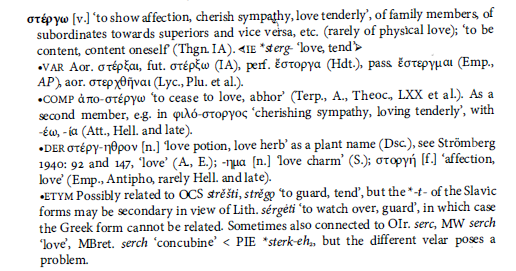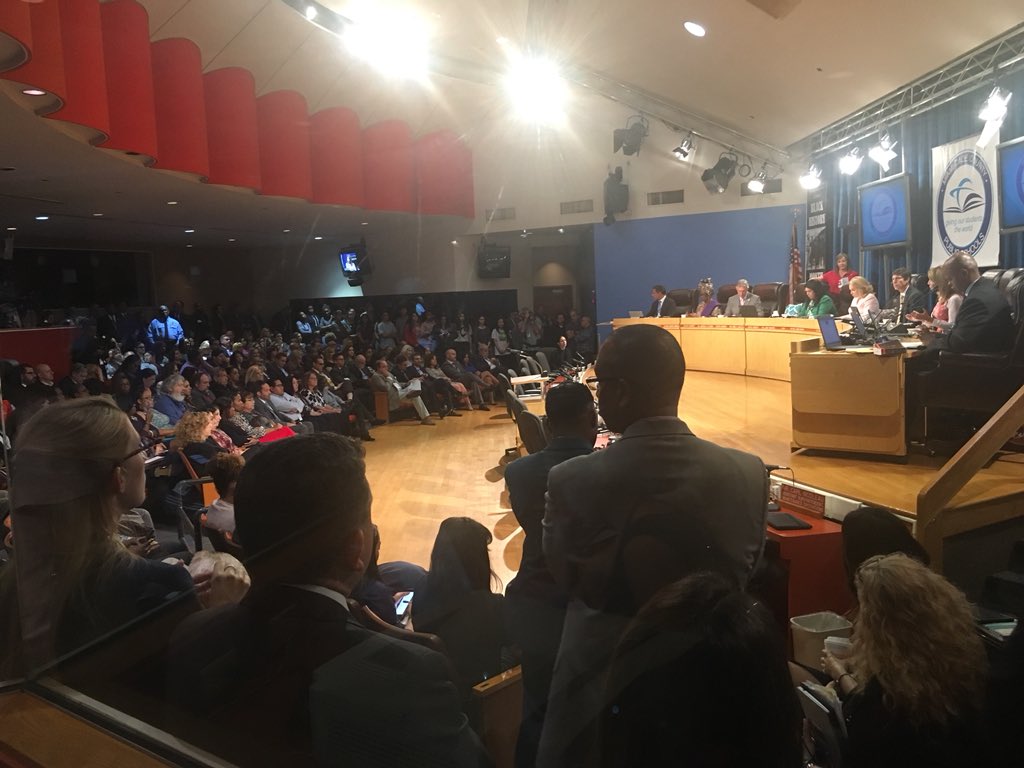Last night, upon viewing the New York Life Commercial which actually put ANCIENT GREEK ON THE SCREEN, my wife turned to me and said, what do you think?
I sputtered, and said, "well it is not really right in some places". To which she said, "well, they must have consulted experts". At which I blinked. And sighed.
But, as .@Tophocles notes in another thread this list is merely cribbed from C. S. Lewis and it represents a typology that has become rather popular in evangelical circles
My objections are (1) no Greek would have likely ever schematized it in this way and (2) the definitions are limited, skewed and not nearly as interesting as they could be
So, (1) As .@kataplexis and others point out endlessly, there were no Ancient Greeks. there were people who spoke a language who had many different beliefs over time
None of these terms are from the same period. Two are almost exclusively Imperial and Christian.
This is the creation of a people who are post-classical Greek. And really, this is C.S. Lewis
φιλία:
So much more about this as shown in Emile Benveniste’s analysis (chs.harvard.edu/CHS/article/di…) to be philos (“near and dear”) to another thing/ is to feel so close that it is a part of you.
στοργή: really not common as “parental love” prior to the Roman Imperial period; cf. the related formatted stérgêthron Aesch, Libation Bearers 241. The verb stergein and its reflexes are extant by tragedy.

ἔρως: this is desire/attraction. It is most simply define as lust, but as early as Empedocles it is abstracted as a force of nature.
sententiaeantiquae.com/2015/07/20/mon…
ἀγαπή: really, this word as “unselfish” or “godly” love is a Christian adaptation
(Plato does use the verb in the Lysis, which, PSA, is an interesting place to think about Friendship and Love)

So this commercial used a modern typology of words that did not belong together in any ancient period to create the semblance of authority for its heavily christianized sales pitch
It is a well done advertisement, for sure, but it is a sentimental species of the same kind of idealized reappropriation that is constantly skewing our understanding of the past by romanticizing, collapsing, and flattening it











